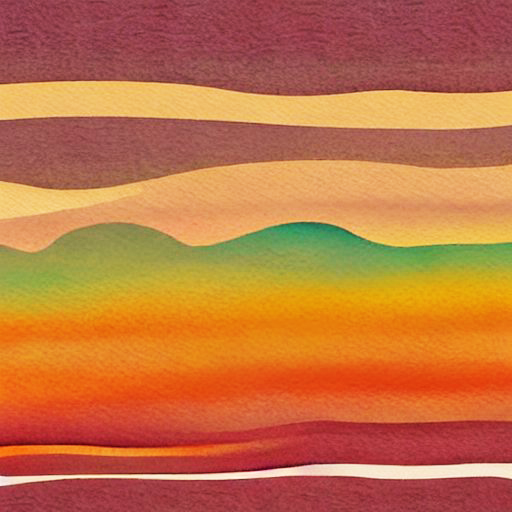Mindful Summer Reflection: Cultivating Intentions for a Fulfilling School Year
Teachers, the most important thing you can do with your summer vacation is to rest and practice self-care. But many teachers also find it helpful to use this interim time to reflect on the past school year – both your accomplishments and areas you want to improve – with mindfulness, and set intentions for the following school year.
It can be a challenge to set intentions in this way during the school year; many teachers are just trying to survive the chaos, which is completely understandable. So here’s how to make the most of your summer break to mindfully self-reflect on the year behind you – and how you want next year to be different.
Mindful self-reflection: Where to begin
It's important to find a quiet and relaxing place to do your summer self-reflection. Totally quiet might not be a realistic expectation for some teachers – especially those who have kids at home. It's okay if the space isn't totally free of distractions, but try to carve out some alone time for this activity if you can. You deserve it!
Now, get into the right state-of-mind by using some mindful breathing exercises. Relax your shoulders and straighten your back. Find a comfortable, seated position that's neither too relaxed nor too rigid.
Now, pay attention to your breath as it moves in and out of your body. Your breath can be the anchor to each present moment. You don't need to change or manipulate your breath in any way – simply notice it. If thoughts come up while you're doing this activity, remember that your breath is always there to return to.
Mindful gratitude
You may find it helpful to start by reflecting upon the things that you felt grateful for during the past school year. Gratitude is a practice that’s closely related to mindfulness, and it’s been shown to have many health benefits from boosting your mood to reducing stress.
You can ask yourself questions like:
- What went well?
- Which students were you particularly happy to have in your class?
- What are some moments in which you felt genuinely happy to be a teacher?
- What were some things your students did that made you smile or laugh?
It's also important to practice gratitude for yourself. Although our students are a big reason why we do what we do, don't forget to celebrate all the wonderful things that you brought to your classroom last year. What were some of your biggest accomplishments? This could be anything from winning an award to building a connection with a child dealing with trauma.
These are the things that you will want to hold onto as you move into the next school year. You may want to ask yourself things like, “What helped me accomplish these things last year, and how can I move forward with these positive things in the next year?”
Find ways to celebrate all of your “wins” during the last school year, both big and small.

Identifying challenges and growth areas
Identifying the aspects of teaching that were difficult for us during the school year can be a bit harder. But when you do this mindfully and honestly, you can grow both as a teacher and as a mindfulness practitioner.
It's not about beating yourself up for your mistakes. No teacher is perfect, and teaching is – objectively – one of the most stressful professions in the world. It’s okay to make mistakes and to want to do better next time. Reflecting on these aspects of teaching is difficult, but is a necessary step toward growth.
By acknowledging the challenges that you faced during the previous school year, you can gain valuable insights into areas that require growth and improvement. Mindfulness allows teachers like you to explore these challenges without self judgment.
Try writing a journal entry about some of the areas in which you'd like to grow next year. This could include hard skills like curriculum development or using technology effectively in your classroom. But it could also include soft skills, like being able to show more empathy for students misbehaving as a result of trauma.
Maybe your students seemed unfocused this year, or maybe you didn't feel confident navigating conflict with your students' parents. Whatever it is, write it down so that you can face it honestly without judging yourself.
You may want to try practicing a loving kindness meditation for yourself during this exercise. Showing yourself loving kindness and compassion is important to make sure that you don't start taking on these areas of growth as personal defects. Identifying these areas of growth doesn’t mean that you aren’t a good teacher – it simply means that it’s important to you to grow.
Mindfully setting intentions
Lastly, take a moment to set clear intentions and goals for yourself and your students for the following school year. Mindfulness can guide you in shaping the direction of your teaching practice, and provide you with a sense of purpose and focus. Think about what you hope to achieve during the next year and how you can integrate mindfulness into your daily routine to support these aspirations.
A good way to set a mindful intention is to create goals that align with your teaching philosophy and values. What is important to you? Why do you teach?
Whether it's fostering a more inclusive and supportive classroom culture, promoting creativity in your students, or enhancing student mental health and well-being, your values and intentions can serve you as guiding principles throughout the school year. Mindfulness can help you stay grounded and true to these intentions, even when you're faced with challenges or unexpected situations.
When setting your goals and intentions for the next school year comma consider making them SMART:
- Specific
- Measurable
- Achievable (Realistic)
- Relevant
- Time-sensitive
Although it's helpful for goals to be specific and measurable, don't forget to view each experience as an opportunity for learning and Improvement. Remember that these goals are not set in stone, and you yourself are learning and growing all the time. Allow yourself the flexibility to adjust your goals as needed based on your observations and evolving classroom dynamics.
With the help of mindfulness, you can embark on a journey of self-reflection and discovery – a journey that will, ultimately, help you be the best teacher you can be. For more mindfulness tips, check out our blog or read about our program.





SIGN UP FOR OUR NEWSLETTER